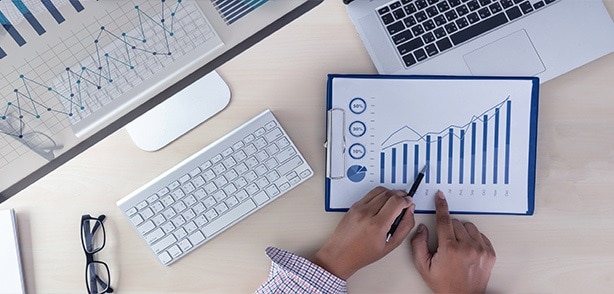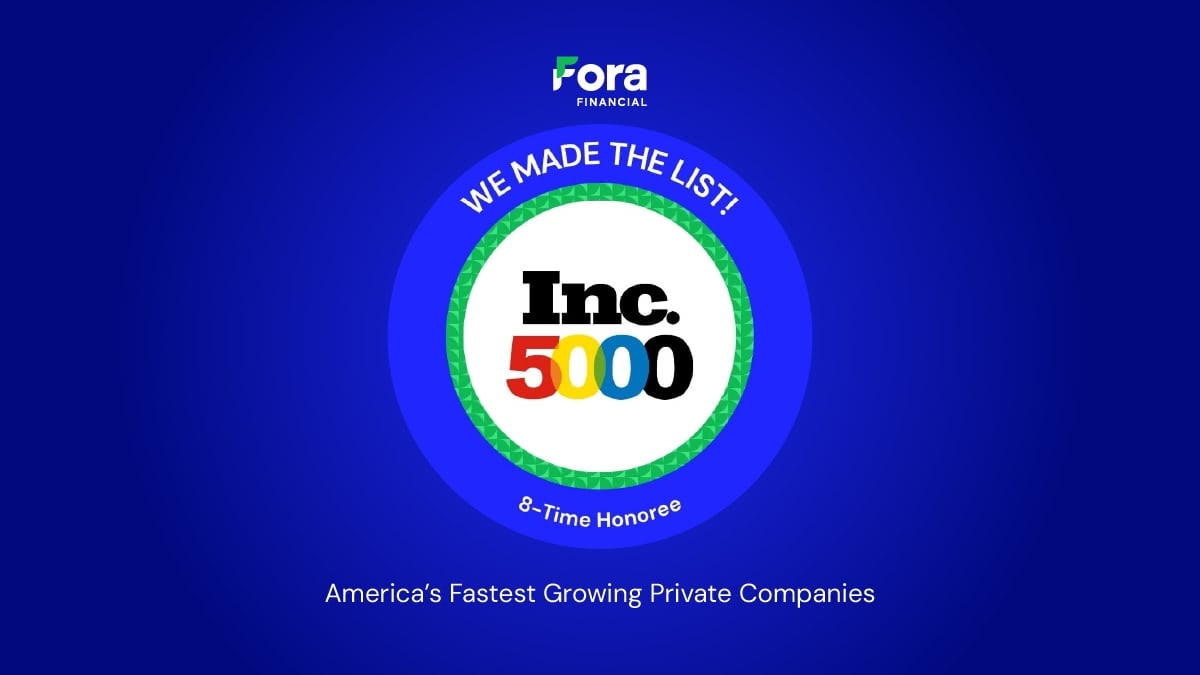SBA Loan
An SBA Loan is a financing option specifically designed to support small businesses, backed by the U.S. Small Business Administration (SBA). Its partial government guarantee reduces lender risk, allowing businesses to access funds with more favorable terms, like lower interest rates and extended repayment periods.
Apply Now
Quick Stats
| Loan Amounts and Terms |
|
|---|---|
| Repayment Schedule |
|
| Requirements |
|
| Funding Time |
|
How Does A Compare?
How It Works

1
Apply
Submit the easy online application within minutes and a Capital Specialist will call to discuss your funding request.

2
Get A Decision
You will receive your approval status in as little as 4 hours after submitting all necessary documentation.

3
Receive Your Funds
You'll receive a lump-sum payout in as little as 24 hours of offer acceptance. Spend it at your own pace, as you need it.
How To Use SBA Loans
An SBA Loan can be used for a variety of business needs, including purchasing equipment, expanding operations, covering working capital, or refinancing debt. With flexible uses, these loans allow businesses to strategically fund growth and support long-term financial stability.

Expand Operations
Fund the opening of new locations, renovation of existing spaces, or purchasing new equipment, helping businesses grow their footprint and increase revenue potential.

Purchase Inventory and Supplies
Businesses can use an SBA Loan to buy necessary inventory or supplies, especially useful for seasonal businesses that need to stock up before busy periods or to fulfill large customer orders.

Manage Cash Flow and Cover Operating Expenses
An SBA Loan can provide the working capital needed to manage cash flow, pay employees, cover rent, or meet other day-to-day expenses, ensuring smooth operations during slower sales periods.
FAQs
-
The time it takes to get an SBA loan varies based on factors like loan type, lender, and application complexity, but it generally takes anywhere from 30 to 90 days. Working with an experienced lender and providing complete documentation can help speed up the process.
-
SBA Loans for small business have stricter qualification requirements than some traditional loans, including creditworthiness, business history, and financial stability. While they are designed to support small businesses, applicants should expect a thorough review process to ensure they meet the SBA's and lender's standards. In some cases, a down payment may be required.
-
There is no official limit to the number of SBA loans a business can receive, but each application will be reviewed independently, and borrowers must meet eligibility requirements and show the financial ability to repay all existing debts. More details on taking out multiple SBA loans (and whether you should) can be found here: How Many SBA Loans Can You Get?
-
While a higher credit score is typically preferred, some SBA loan lenders may work with applicants who have less-than-perfect credit. The SBA doesn’t set a minimum credit score, but lenders usually look for a score above 600, though strong financials and collateral can help improve approval chances.
-
Yes, women-owned businesses can access specific SBA programs and grants tailored to help them succeed. The SBA supports Women’s Business Centers across the U.S., which connect female entrepreneurs with financing resources. Additionally, the Women-Owned Small Business Federal Contracting Program helps qualifying businesses secure government contracts. Other options, like the InnovateHER Challenge, offer federal grants to businesses benefiting women. Programs like the Small Business Innovation Research (SBIR) and SBA 8(a) Development Program also provide funding for eligible women-led businesses. Find out additional information in our article about SBA Loans for women.
-
Processing costs for SBA loans can include application fees, closing costs, and guarantee fees, which vary depending on the loan amount and terms. For larger loans, guarantee fees typically range from 2% to 3.75% of the loan, while smaller loans might have minimal or no upfront fees.
-
SBA loans can be a great option for franchise owners, providing funding to cover franchise fees, real estate, or working capital. SBA franchise loans are backed by the Small Business Administration, reducing risk for lenders and making financing more accessible for small franchisees. The SBA 7(a) loan program, often used by franchise owners, offers up to $5 million with competitive interest rates. Only franchises listed on the SBA’s approved franchise directory are eligible, so check this list when considering your options.
-
To refinance, you’ll need to apply through your SBA loan lender, demonstrating a strong financial profile and an improved business outlook since the original loan. Refinancing is available for qualified borrowers and can help reduce monthly payments or extend terms, but approval depends on lender policies and SBA guidelines.
-
Yes, most SBA loans require a personal guarantee, especially for business owners with a 20% or greater ownership stake. This means that if the business defaults, the lender may pursue the owner's personal assets to recover the remaining loan balance.
-
Yes, the interest on SBA loans is generally tax-deductible as a business expense. Business owners can deduct interest payments from taxable income, which may reduce their overall tax liability, though it’s best to consult a tax professional for specific guidance.
-
If you default on an SBA loan, the lender will first attempt to collect from the business assets. If those are insufficient, they may pursue the personal guarantee, potentially leading to the seizure of personal assets. Additionally, default can severely impact the business owner's credit and future borrowing capacity.
-
For larger SBA loans, collateral is typically required to secure the loan, though smaller loans or lines of credit might not have this requirement. The SBA looks to take available collateral when possible, but lack of collateral alone won’t necessarily disqualify a loan applicant.




